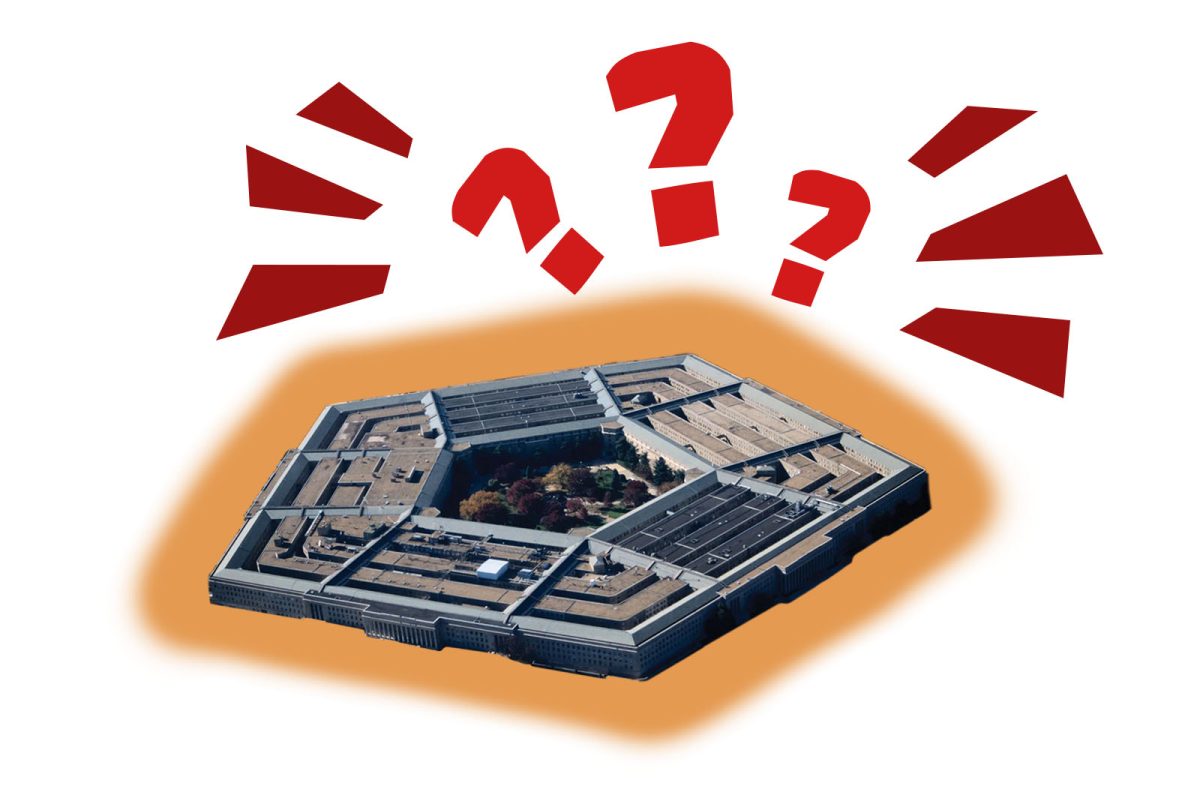For the sixth consecutive year, the Pentagon has fallen short in an independent audit of its accounting systems. The news was revealed by a Pentagon official last Wednesday. Mike McCord, the Defense Department’s chief financial officer, emphasized that while there is progress, it is not sufficient. Secretary of Defense Lloyd Austin stressed the need for improved performance and speed in addressing these issues.
An annual audit is a thorough examination of an organization’s financial records, processes and systems by independent auditors to ensure accuracy, transparency and compliance with established standards and regulations. In the case of the Pentagon, this audit is conducted by the Department of Defense Inspector General (DoD IG) or external auditors that are appointed by the government.
The Defense Department remains the only federal agency in the country that has failed to ever pass an independent audit—a requirement under federal law that has existed for all government agencies since the early 1990s. For the last decade, all but the DOD have been able to meet that requirement. Yet, somehow, the DoD, which has the largest budget of any federal agency, has failed every year. The Pentagon’s inability to pass a full financial audit since 1990 raises serious concerns about the DoD’s financial management and accountability. This persistent failure has significant implications for taxpayers, lawmakers and national security.
The failure to pass the audit suggests persistent issues within the DoD’s financial management practices, such as inaccuracies in accounting, insufficient documentation, weaknesses in internal controls or non-compliance with financial regulations. It highlights challenges in ensuring accountability and transparency in the Pentagon’s vast and complex budgetary operations, which can involve billions of dollars in spending across numerous programs and agencies.
Although striving for a “clean” audit, achieving this goal remains years away, according to McCord. The audit encompasses 29 sub-audits of the department’s services, all of which must pass for overall approval. This year, seven sub-audits succeeded (the same number as last year), and no instances of fraud were discovered. 22 of the sub-audits were unsuccessful.
The audit evaluates the Pentagon’s record-keeping processes concerning its weapons systems, military personnel and global property. Conducted by 1,600 auditors who conducted 700 site visits, the assessment covered $3.8 trillion in assets and $4 trillion in liabilities, according to Pentagon data. As a government agency with a $1.6 trillion budget, the Pentagon should be fully able to have a record-keeping system where things do not slip through the cracks.
The inability to pass the audit reflects systemic issues within the DoD’s financial infrastructure. Inaccurate accounting, insufficient documentation and weaknesses in internal controls not only hinder financial transparency but also pose risks of waste, fraud and abuse. Without a clear understanding of where funds are being allocated and how they are being used, it becomes challenging to identify inefficiencies, prioritize spending and make informed budgetary decisions.
The lack of a clean audit opinion undermines public trust and confidence in how taxpayer dollars are being managed within the largest government agency. With the Pentagon’s budget reaching hundreds of billions of dollars annually, ensuring transparency and accuracy in financial reporting is essential for ensuring responsible stewardship of public funds.
From a national security perspective, the Pentagon’s financial management shortcomings can impact military readiness and effectiveness. Inaccurate financial data may lead to delays or disruptions in the procurement of essential equipment, maintenance of military assets and support for military operations. Additionally, the inability to accurately track and report financial transactions could leave the Department vulnerable to exploitation by adversaries or internal threats.
Despite ongoing efforts to address these challenges, the fact remains that the Pentagon’s financial management practices continue to fall short of the standards expected of a federal agency of its size and importance. Achieving a clean audit opinion is not merely a bureaucratic requirement but a crucial step toward ensuring fiscal responsibility, operational efficiency and national security. Addressing the root causes of the Pentagon’s audit failures will require sustained commitment, comprehensive reforms and close oversight from both Congress and the public to ensure that the DoD can effectively fulfill its mission while being accountable to the American people.
Even though the annual audit was not successful, it has facilitated the Pentagon’s efforts in inventory management, enabling savings and streamlining the process of locating and shipping critical technology, such as arms, to regions like Ukraine.
Moving forward, there is an urgent need for improved performance and speed in addressing the root causes of the Pentagon’s audit failures. If other government agencies can pass an audit, so can the DoD. If all American citizens are required to submit their taxes every year and are held accountable for failing to do so, the Pentagon should also be held accountable for their shortcomings.









